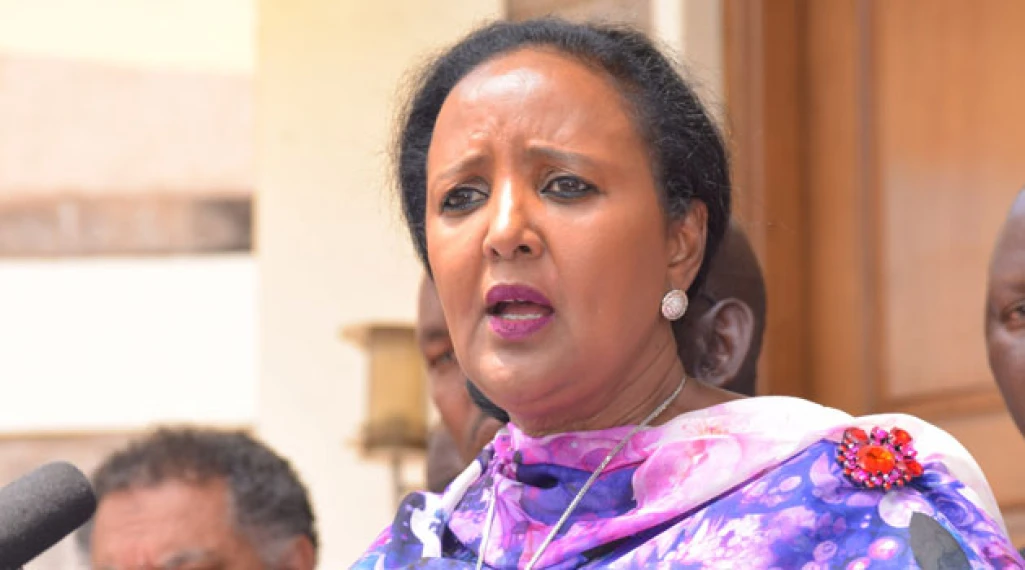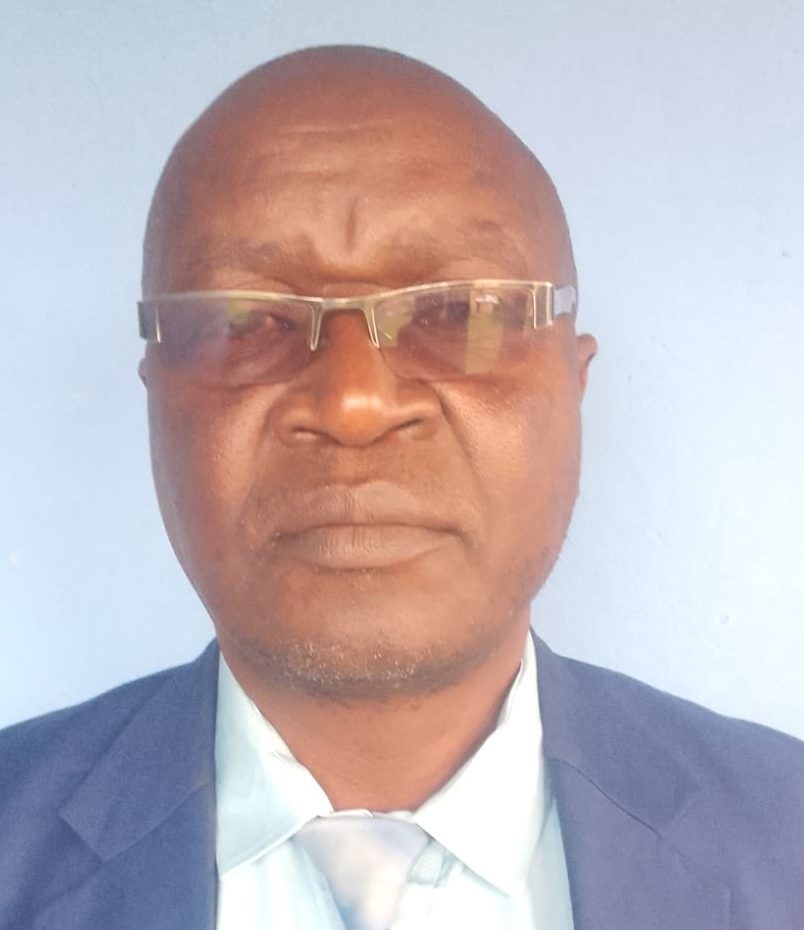The Early Childhood Development Education (ECDE) system forms the foundation of a child’s learning journey. It represents the first structured educational experience outside the home for most children. This early stage of education is crucial in shaping their cognitive, emotional, and social development, ultimately influencing their future academic success.
Recognizing this, Kiambu County Governor Wamatangi has embarked on a mission to reform and enhance the ECDE system in his county, driven by the belief that if early years education is not handled right, children will unlikely catch up in their later schooling.
Governor Wamatangi’s efforts reflect a growing understanding among policymakers and educators of the importance of investing in early childhood education. Research has consistently shown that quality early education provides children with a solid foundation for future learning, reduces dropout rates, and improves overall academic performance. Yet, despite its significance, ECDE has often been neglected in many parts of the country, overshadowed by a focus on primary and secondary education.
Kiambu County is no exception. For years, the county’s ECDE sector has been plagued by underfunding, inadequate infrastructure, and a shortage of trained teachers. Many ECDE centres have been operating in substandard conditions, with overcrowded classrooms, limited teaching materials, and poorly paid staff. As a result, children in these centres have not been receiving the quality education and care they deserve, hampering their ability to develop key skills during their formative years.
Governor Wamatangi’s reboot of the ECDE system aims to address these challenges and ensure that every child in Kiambu has access to quality early childhood education. Central to his plan is the improvement of infrastructure in ECDE centres across the county. Recognizing that the physical environment is critical to a child’s learning experience, the governor has initiated a comprehensive program to renovate existing ECDE facilities and build new ones where necessary. This includes ensuring that classrooms are spacious, well-ventilated, and equipped with child-friendly furniture and learning materials.
Training and welfare
In addition to infrastructure development, Governor Wamatangi is also prioritizing the training and welfare of ECDE teachers. He acknowledges that the success of any education system hinges on the quality of its teachers. However, in many ECDE centres, teachers are often underqualified, underpaid, and undervalued. To remedy this, the governor’s administration has rolled out a teacher training program to equip ECDE instructors with the latest pedagogical skills and knowledge to nurture young learners effectively. By investing in the professional development of teachers, Wamatangi hopes to elevate the status of ECDE educators and ensure that they are better equipped to handle the unique needs of early learners.

Moreover, Governor Wamatangi has introduced a new curriculum for ECDE that is designed to be more holistic and child-centred. The revised curriculum emphasizes play-based learning, which is considered more effective for young children than traditional methods of rote memorization. Through play, children are encouraged to explore, discover, and make sense of the world around them. This approach fosters critical thinking, creativity, and problem-solving skills, all of which are essential for success in later stages of education. Additionally, the curriculum integrates social-emotional learning, helping children develop empathy, resilience, and communication skills.
The governor’s initiative also recognizes the importance of parental involvement in a child’s education. Research shows that children perform better academically when their parents actively engage in their learning. To this end, Wamatangi’s administration has been working closely with parents and communities to raise awareness about the value of early childhood education. Parents are encouraged to take an active role in their children’s learning at home and in school. This partnership between schools and families is critical in ensuring children receive consistent support and encouragement throughout their educational journey.
READ ALSO:
Second Lady Joyce Kithure encourages students to embrace STEM subjects
Governor Wamatangi’s efforts have already begun to yield positive results. In the short time since the ECDE reforms were launched, there has been a notable improvement in enrollment rates across the county. More parents are enrolling their children in ECDE centres, confident that they will receive the quality education they need to succeed. Teachers also report higher levels of job satisfaction as they feel more valued and supported in their roles.
However, the governor is aware that much work still needs to be done. Reforming the ECDE system is not a quick fix but a long-term investment that requires sustained effort and commitment. Challenges such as funding constraints and the need for continuous teacher training remain. Nevertheless, Governor Wamatangi remains optimistic, driven by the conviction that getting early childhood education right is key to unlocking the potential of every child in Kiambu.
The reboot of the ECDE system in Kiambu County represents a significant step towards addressing the educational inequities that have long hindered the progress of young learners. By focusing on improving infrastructure, enhancing teacher training, revising the curriculum, and fostering parental involvement, Governor Wamatangi is laying the groundwork for a brighter future for the children of Kiambu. His efforts remind us that the early years of education are the most critical in a child’s development. We risk leaving a generation behind if we fail to get them right.
In conclusion, Governor Wamatangi’s ambitious efforts to reform the ECDE system in Kiambu County underscore early childhood education’s importance in shaping young learners’ future. By addressing the long-standing challenges in the ECDE sector, he is giving the children of Kiambu a fighting chance to succeed in their educational journey and beyond. The success of these reforms could serve as a model for other counties in Kenya, showing that investing in early childhood education is a moral imperative and a smart strategy for building a more equitable and prosperous society.
By Kamomonti wa Kiambati
Kamomonti teaches English and Literature in Gatundu North Sub County
You can also follow our social media pages on Twitter: Education News KE and Facebook: Education News Newspaper for timely updates.
>>> Click here to stay up-to-date with trending regional stories
>>> Click here to read more informed opinions on the country’s education landscape






